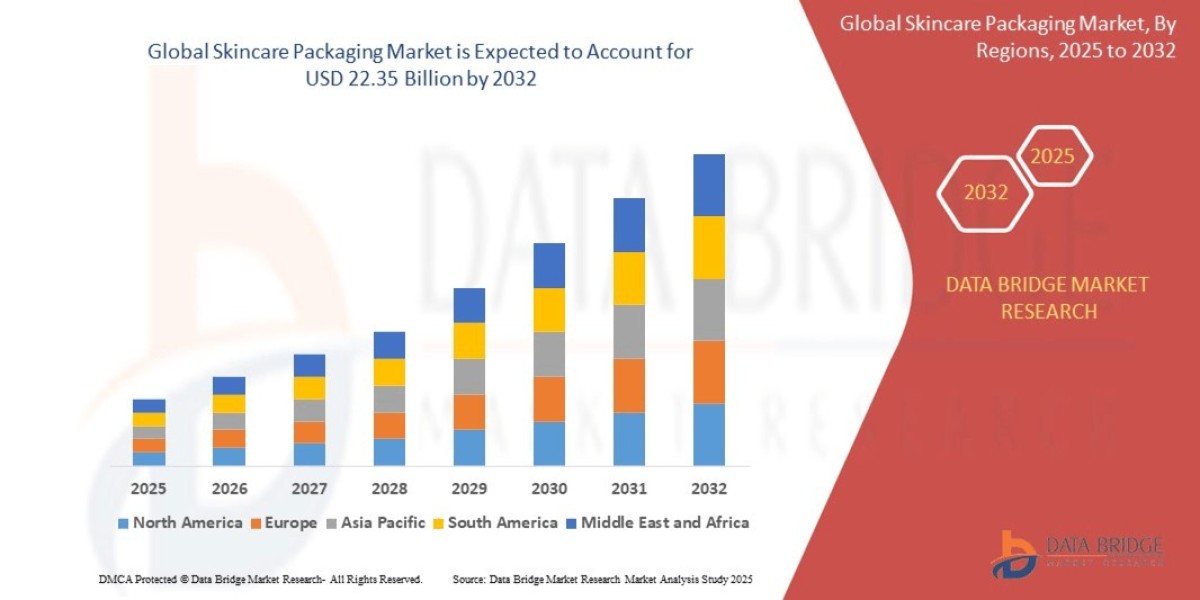The United Kingdom's audit software market is experiencing a period of strong and sustained expansion, a dynamic fueled by an increasingly complex regulatory environment, the imperative for greater business transparency, and the transformative potential of data analytics. A primary factor driving the UK Audit Software Market Growth Rate is the ever-tightening regulatory landscape. In the wake of high-profile corporate failures, UK regulators, including the Financial Reporting Council (FRC) and its successor, the Audit, Reporting and Governance Authority (ARGA), have significantly increased their scrutiny of audit quality. There is a strong regulatory push for auditors to be more skeptical, to leverage technology more effectively, and to provide deeper insights beyond a simple pass/fail opinion. The UK Audit Software Market is expected to reach USD 227.6 million by 2035, growing at a CAGR of 10.05% during the forecast period 2025-2035. This intense regulatory pressure forces both external audit firms and internal audit departments to invest in modern audit software that can demonstrate a rigorous, data-driven, and well-documented audit process, making compliance a powerful, non-discretionary driver of market growth.
A second powerful catalyst for the market's growth is the explosion of digital data and the concurrent rise of data analytics in auditing. The traditional approach of manual, sample-based testing is becoming increasingly inadequate in a world where businesses generate billions of digital transactions. Modern audit software provides the tools to connect directly to a company's financial systems (like an ERP) and analyze 100% of the transaction data. This enables auditors to move beyond sampling and identify anomalies, outliers, and potential fraud with a much higher degree of confidence. The integration of advanced analytics, data visualization, and even artificial intelligence (AI) into these platforms allows auditors to automate routine tests, focus their efforts on high-risk areas, and provide more valuable business insights to their clients or stakeholders. The clear and compelling benefits of data-driven auditing in terms of both efficiency and effectiveness are a major factor convincing firms to abandon their legacy spreadsheet-based methods and invest in specialized software.
From a business perspective, the market's growth rate is also being significantly propelled by the expanding role and scope of the internal audit function. The role of internal audit is evolving from a traditional, compliance-focused "policing" function to a more strategic, value-added advisory role. Boards and senior management are increasingly relying on their internal audit teams to provide assurance on a much broader range of risks, including cybersecurity, data privacy, supply chain resilience, and Environmental, Social, and Governance (ESG) reporting. To meet these expanding mandates, internal audit teams need sophisticated software that can help them manage a diverse portfolio of audits, track issues and recommendations, and report on risk in a dynamic and holistic way. This strategic elevation of the internal audit function is driving significant new investment in audit management platforms, thereby creating a powerful and sustained new stream of growth for the market.
Top Trending Reports -
Japan Wholesale Telecom Carrier Market









